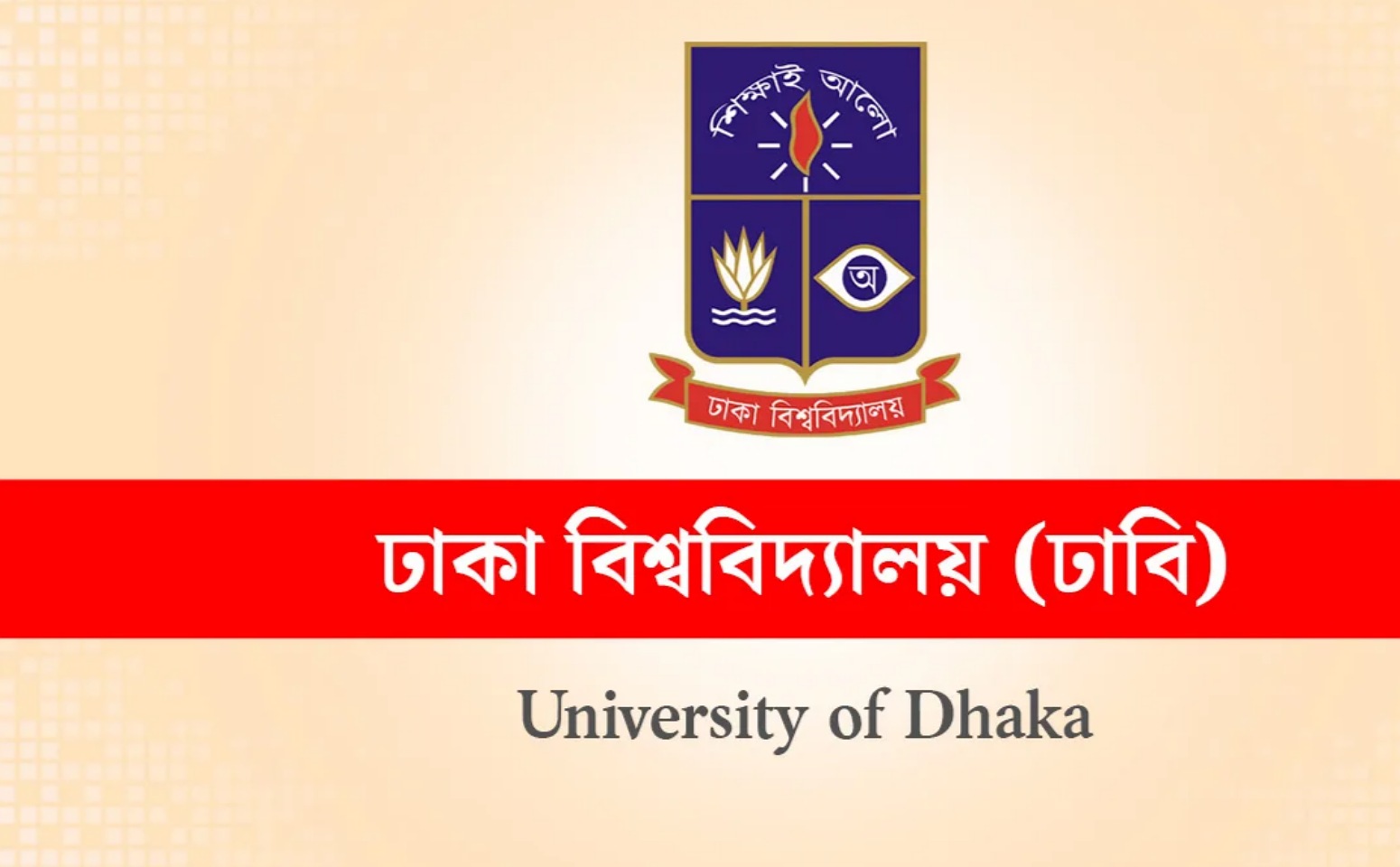
Hindu Voice Team: Dhaka University, often called the intellectual heart of Bangladesh, now finds itself stained by an act of arrogance and intolerance that has shocked students and humiliated the institution. Dr. Kamrul Hasan, MBA Coordinator at the Department of Tourism & Hospitality Management, stands accused of banning dance and Rabindra Sangeet from the university’s World Tourism Day celebrations — dismissing dance as “sinful” and deriding Rabindranath Tagore’s timeless songs as “foreign culture.”
This is not merely poor judgment. It is an outrageous insult to the cultural foundations of Bangladesh. Tagore is not a foreign import. He is the poet of the nation, the voice of its independence, the composer of its national anthem. To label his creations as alien is to betray history itself. To suppress dance, a universal language of art and expression, is to drag the university into the shadows of medieval dogma.
Students report that after weeks of preparation, Dr. Hasan abruptly stripped their performances from the program, leaving only a few items of his own choosing. When students protested, he allegedly punished them by marking them absent or threatening their grades. Such behavior is not the conduct of an educator; it is the weaponization of academic power to enforce silence. It is censorship with a cruel, authoritarian edge.
Dr. Hasan’s excuses — claiming he never formally “forbade” but merely lacked “responsible” organizers — only deepen the insult. This is cowardly doublespeak. Everyone knows what happened: an individual’s prejudice was imposed on an entire community, cloaked in the language of morality and bureaucracy.
The scandal now extends far beyond a single professor. It is a test for Dhaka University itself. Will the administration defend the rights of its students and the dignity of Bengali culture, or will it capitulate to the whims of one narrow-minded figure? Silence will not absolve the university — it will expose its complicity.
For over a century, Dhaka University has been the cradle of free thought, the engine of political and cultural movements, and a beacon of resistance against oppression. That proud legacy now hangs in the balance. To allow this kind of cultural vandalism to go unanswered would be to betray not only the students but the entire nation.
What is at stake here is bigger than a cultural program. It is the principle of freedom itself — freedom of art, freedom of thought, and freedom from authoritarian control. Dhaka University must decide: does it stand with its students and its heritage, or does it surrender to ignorance and intimidation.